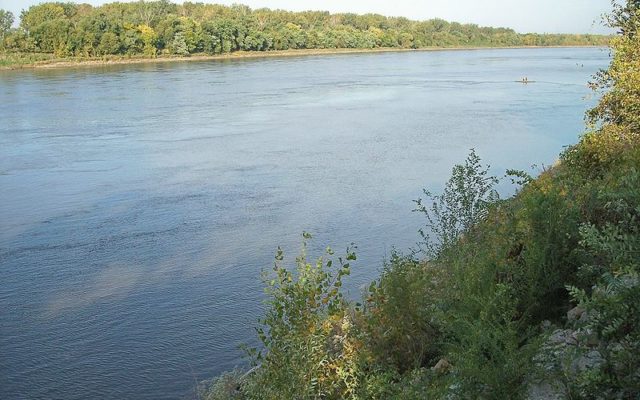High Levels of E Coli Detected in Grand River Watershed Waterways

The Missouri Department of Natural Resources has announced that the Grand River Watershed has reached the level of impaired use in three categories due to elevated levels of E. coli bacteria.
The Grand River Watershed covers an area of 18 counties in Missouri, including Livingston, Worth, Gentry, DeKalb, Harrison, Daviess, Caldwell, Ray, Mercer, Grundy, Putnam, and Nodaway Counties.
According to DNR Environmental Program Supervisor Michael Kruse, the state does not prohibit swimming in these impaired streams, but there is an increased risk of illness during periods when E. coli concentrations are high. This typically occurs after rainfall events when overland runoff enters the stream.
If you frequent bodies of water in these areas you should take special precautions to wash your hands before eating, smoking, or engaging in other activities that encourage hand-to-mouth contact.
Symptoms of E. coli infection vary for each person but often include severe stomach cramps, diarrhea, and vomiting.
Some people may have a fever, which usually is not very high. Most people get better within 5 to 7 days. Some infections are very mild, but others are severe or even life-threatening. Most people start feeling sick 3 to 4 days after eating or drinking something that contains the bacteria. However, illnesses can start anywhere from 1 to 10 days after exposure.
Contact your healthcare provider if you have diarrhea that lasts for more than 3 days or diarrhea that is accompanied by a fever higher than 102°F, bloody diarrhea, or so much vomiting that you cannot keep liquids down and you pass very little urine.

